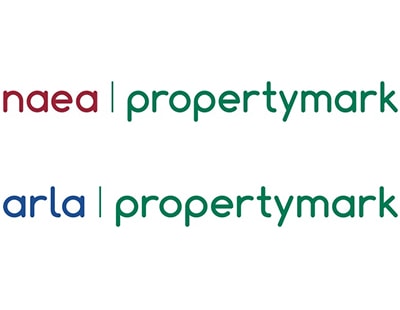The ads were published in the form of a commercial article on the websites of the Grimsby Telegraph, Derby Telegraph, Birmingham Mail, Cornwall Live, Leicestershire Mercury, Newcastle Chronicle and Wales Online.
Each had the headline “Levelling Up!” and then explained what it meant for each region.
They had the byline “By Millie Reeves Commercial Writer” and a grey box with the word “advertorial” on the right-hand side of the webpage.
Directly underneath that, “most read” was stated and a number of links to other articles were included below that text.
At the bottom of the article, an infographic was featured which included the HM Government logo.
Labour MPs Lisa Nandy and Alex Norris, shadow communities and levelling up secretaries respectively, challenged whether the ads were obviously identifiable as marketing communications.
The Department for Levelling Up, Housing and Communities argued that the advertorial labelling was both visible and prominent and in Reach Plc’s house style, while an infographic contained the government logo.
Reach Plc said it considered all of the ads to be “obviously identifiable” as marketing communications for the Department for Levelling Up, Housing and Communities.
It explained that all of the ads were shown in the “partner stories” section of the website and displayed the word “advertorial” prominently.
Reach emphasised that the label travelled down as the reader scrolled down the page.
However, the publisher later confirmed that this technical feature was not in place at the time of the campaign, and therefore, would not have been seen by readers of the ads.
It also argued that the use of “Commercial Writer” in the by-line would make readers aware that the article was commercial content.
Reach said that, to view the ads, the reader would have had to follow one of three journeys, via a Facebook ad which they believed was labelled in accordance with Facebook guidelines, a labelled Google Display Network ad or from the homepage on the website in which the image for the article was labelled “advertorial.”
The ASA rejected these arguments.
It ruled that the labels on the social media ads were too small and it was not clear on the webpage that the advertorial label referred to the article as there was a line dividing that section from the content.
The ASA also concluded that the average reader wouldn’t know what the term commercial writer meant and were unlikely to conclude that the use of government
The ruling said: “The ads must not appear again in their current form.
“We told the Department for Levelling Up, Housing and Communities, and Reach Plc to ensure that all future marketing communications were prominently and clearly identifiable as such.”









/Parliament-Summer-400x310.jpg)

/MichaelGove-400x310.jpg)

















Join the conversation
Be the first to comment (please use the comment box below)
Please login to comment